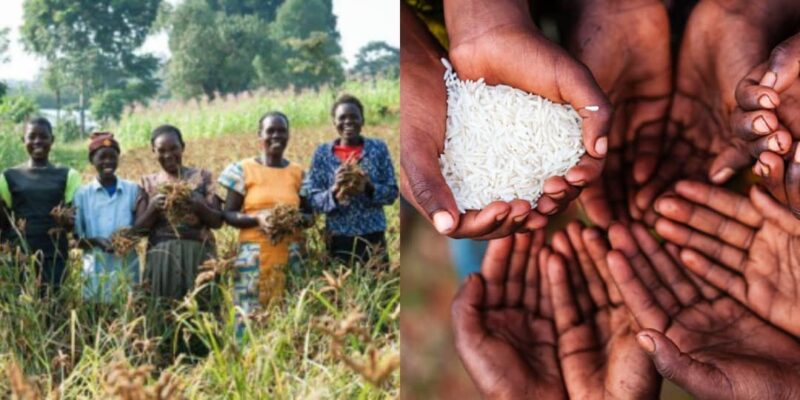The Corpers Journey Advocacy Network (CJAN) has called on the Federal Government to prioritise youth empowerment and innovation in agriculture as part of efforts to strengthen Nigeria’s food security system.
The call came as the world marked World Food Day 2025, amid growing concern over worsening hunger and malnutrition across the country.
Citing recent projections by the Food and Agriculture Organization (FAO) and the World Food Programme (WFP), CJAN noted that more than 30.6 million Nigerians could face acute food and nutrition insecurity during the 2025 lean season.
The youth-led organisation, which advocates leadership, national service, and sustainable development among Nigerian graduates and NYSC members, warned that food insecurity driven by rising prices, climate change, and limited youth engagement in agriculture poses a serious threat to national stability.
CJAN noted that despite employing about 30 percent of Nigeria’s workforce—approximately 25 million people, the agricultural sector continues to suffer from poor youth participation.
According to data from the International Labour Organization (ILO), Nigeria’s youth unemployment rate currently stands at 6.5 percent, while widespread underemployment and informal labour obscure the true extent of joblessness among young people.
CJAN’s Managing Director, Taiwo Ajayi, urged the government to move beyond policy declarations and take concrete steps to integrate youth-led agripreneurship into national development strategies.
“We believe corps members can become key drivers of food security if properly empowered,” Ajayi said. “Government must shift from rhetoric to results by investing in youth-led agricultural innovation, processing, and technology.”
He proposed that the Federal Government, in collaboration with the Federal Ministry of Agriculture and Food Security, the NYSC Directorate, and development partners, should establish Youth Agripreneurship Hubs across the six geopolitical zones.
Such hubs, Ajayi explained, would provide training, cooperative farming opportunities, access to credit, and digital tools for thousands of graduates annually, helping to reduce rural unemployment and boost domestic food production.
Citing FAO and WFP statistics, CJAN disclosed that more than 1.2 million Nigerians are projected to experience Emergency-level hunger (CH Phase 4) in 2025, almost double the figure recorded in 2024. It added that 5.4 million children and 800,000 pregnant or breastfeeding women are at risk of acute malnutrition, with 1.8 million expected to face severe cases.
The group warned that without strategic investment in youth-driven agriculture, Nigeria’s annual food import bill—estimated at $4.7 billion—would continue to increase, further weakening national food sovereignty.
“Empowering one young farmer today secures food for hundreds tomorrow,” Ajayi added. “Nigeria’s path to ending hunger lies in mobilising her youth, modernising agriculture, and ensuring that every community can feed itself sustainably.”








